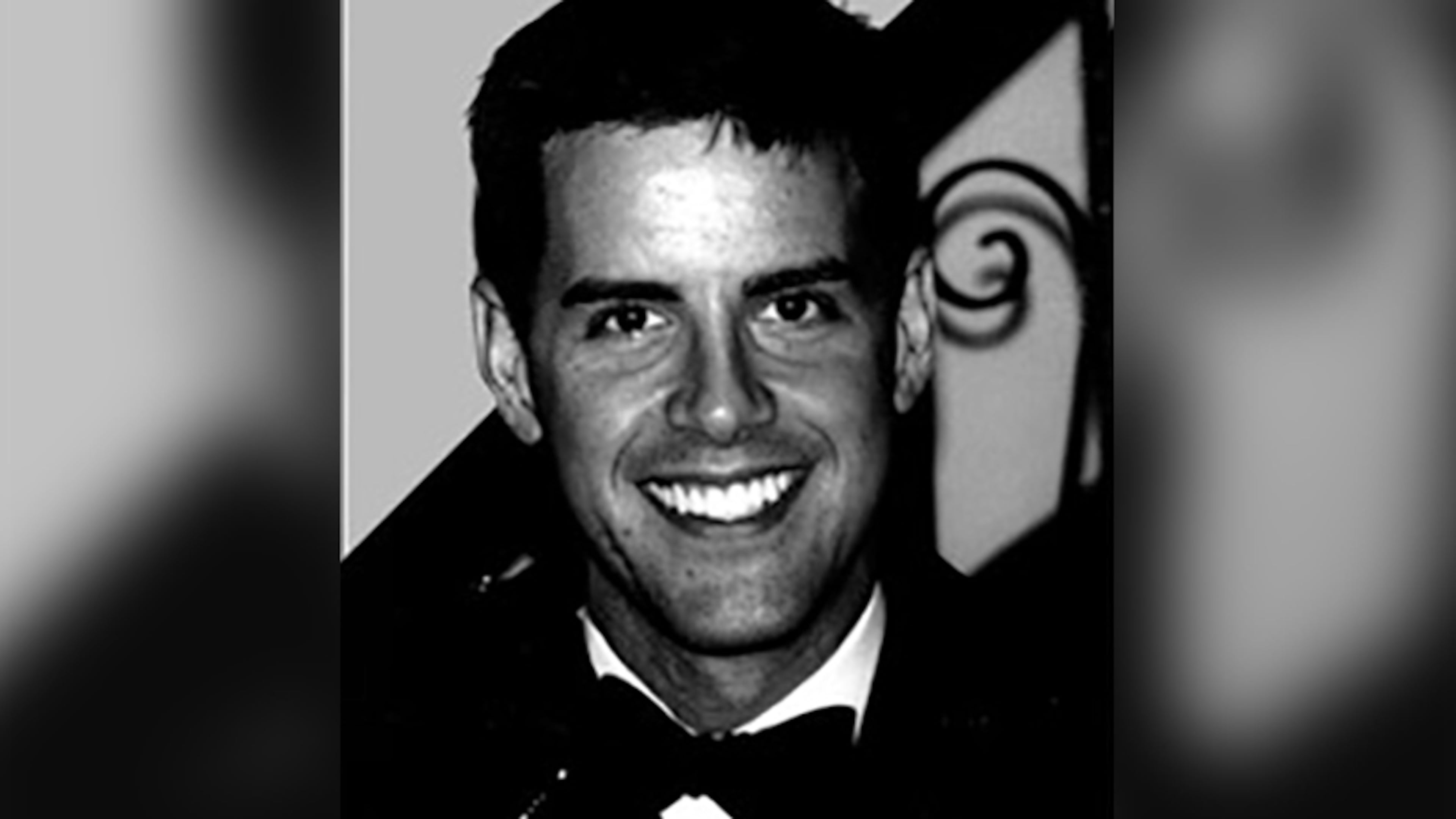OPINION: Remembering Lieutenant Brown

I remember reading Tyler Brown’s obituary in The Atlanta Journal-Constitution in the fall of 2004 and thinking, “What a loss.”
The 26-year-old had been the president of his senior class at Woodward Academy in College Park and president of the student body at Georgia Tech. He had a wide smile and lean frame and was the sort of young person you could imagine being a governor of Georgia or senator someday.
But on Sept. 14, 2004, the Army first lieutenant was killed in Ramadi, Iraq, shot by an enemy bullet as he stood on a bridge, giving cover to his unit as it marched ahead.
The AP reported at the time that he saved the lives of his men by warning them about the sniper fire while lying mortally wounded.
What would he and the thousands of soldiers like him have become for the country, had they not given so much to it ?
To talk to Tyler’s family and friends makes you wish you could have met him, too, even just once.
“People just kind of gravitated to him naturally,” his brother, Brent Brown, said. “The sky was the limit for him.”
Joining the Army was something Tyler had always wanted, his brother said. After that, “He could have been anything he wanted to be, particularly in the political world.”
Magd Riad ran against Tyler for student body president at Georgia Tech and lost. But instead of becoming rivals, the two became instant friends.
Although Riad had years of experience in student government, he said Tyler simply drew people to him.
“He was so refreshing,” he said. “If you were sitting in the back of a room listening to our speeches, you’d think, ‘I would vote for him.’”
Tyler had enrolled at Georgia Tech through the R.O.T.C. program and became an Army Ranger after graduation.
At the end of his deployment to Korea in 2004, he received orders to return to the States to join the prestigious Old Guard, guarding the Tomb of the Unknown Soldier at Arlington National Cemetery.
But he decided, instead, to go to the war in Iraq when he learned the rest of his division would be going there.
Daniel Gade was Tyler’s commander and roommate there and described him as “the single best officer I’ve ever met, of his rank or any other.”
“He was the sort of leader who knew that if he did not go, his soldiers would be at greater risk because they would be with an inexperienced leader,” Gade said. “He knew that we were going to the most dangerous city in Iraq, and yet he chose to go anyway.”
Gade said his entire platoon expected Tyler to go on to great heights.
“Even though he was a lieutenant, we used to call him ‘senator’ because he was just the sort of person who we all knew was going to be a US senator, at least, if not president someday,” he said.
As commanding officer, Gade wrote the orders that put Tyler in the mission that cost him his life. You can still hear the weight that Gade lives with in his voice when he says it.
He still visits Tyler’s grave every year at Arlington. When COVID restrictions limited visitors, he told the guards he was going to visit his brother. He named one of his sons “Tyler” after Tyler Brown.
It takes a very special person to join the military today. So when the best and brightest among us go to war, we risk their futures, too.
“We have so few leaders who actually live by that type of sacrifice and so many leaders that are just kind of in it for themselves,” Riad said. He and Tyler talked about what he might do after his time in the military, including his interest in politics.
“I think that Tyler knew that he wanted to get into politics and he knew that military service would not only humble him, but it would probably help him better understand what it means to truly serve the country,” he said. “What makes me the most sad is that we lost that opportunity to see what Tyler would do.”
Brent Brown said he still hears that about his little brother, even now. “A lot of people say that to me Tyler had a very, very bright political future if he wanted it, and I do agree that I think he would have excelled there, if he was still alive.”
Veterans Day this week reminds us to stop and think about the incredible, in some cases unspeakable, sacrifices our service members have made.
But I think we rarely realize just how much our country has lost without those fallen soldiers among us —and all they would have become had they survived the sacrifice they made.
So remember the future high school coaches. The church deacons. The future Navy admirals or U.S. senators. Remember the Tyler Browns.
And be worthy of all they’ve done.



